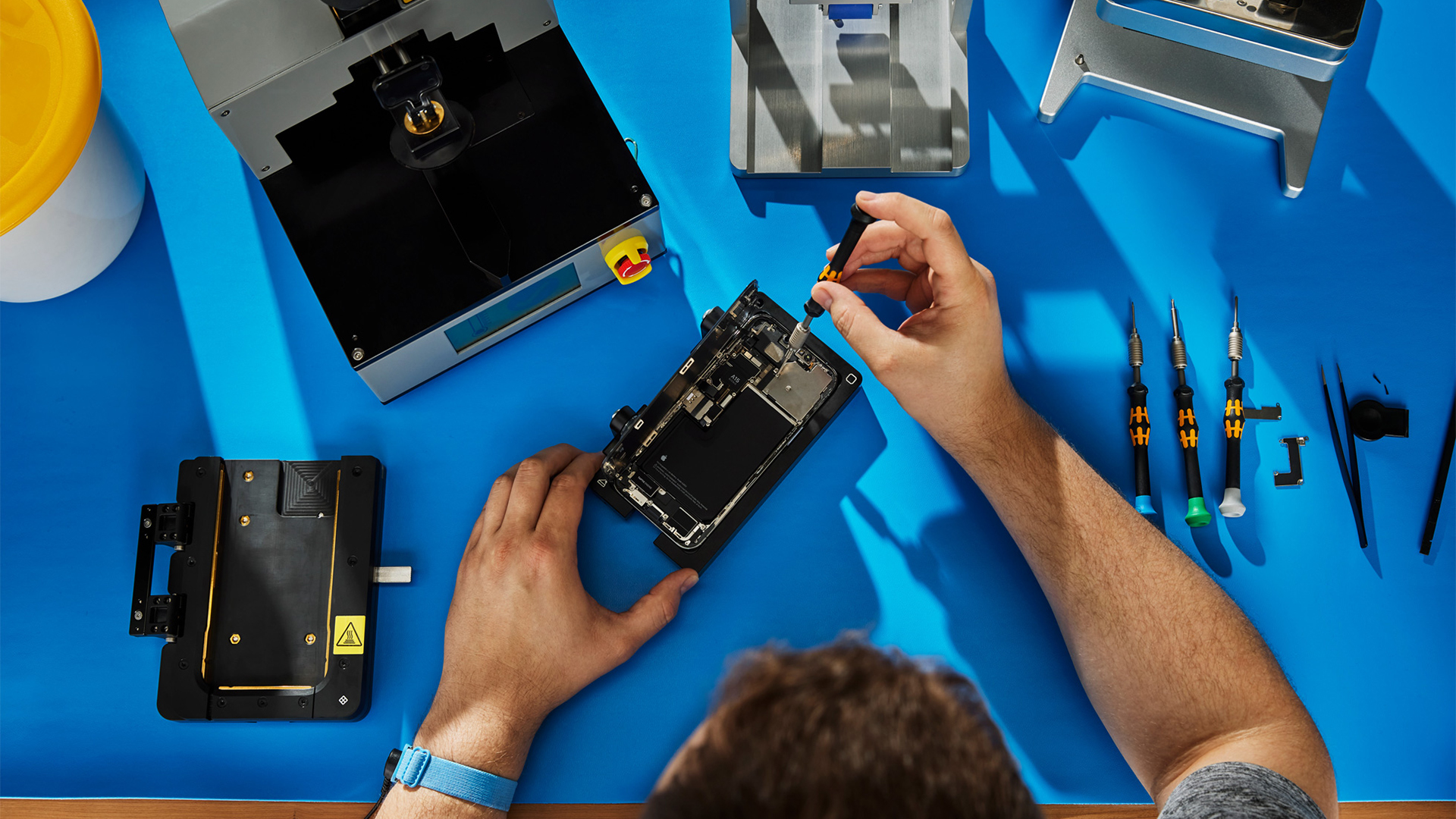
Apple, Samsung and other major phone manufacturers could soon have to comply with another EU ruling that will change the way they design devices.
After forcing the entire market to adopt USB-C for charging - a move that has prompted Apple to use it in the forthcoming iPhone 15 range - the European Parliament has approved new rules that will change the batteries in handsets forever.
As part of its tech sustainability push, the EU will demand that portable batteries in all the best phones must be designed in such a way that consumers themselves "can easily remove and replace" them.
That doesn't necessarily mean Apple and other manufacturers will need to add the ability to slot batteries in and out of their devices, only that it must be a quick and simple job to open a phone (or other type of "appliance") and replace the cell(s).
In some cases, Apple's Self-Service Repair scheme may already cover many of the suggestions used in the report. Samsung has also recently announced that it is introducing a similar system in Europe - which may have been triggered by the announcement.
The extensive new EU rules don't just apply to portable devices, but every type of battery used or sold in the Union. They also cover waste collection targets for batteries and digital battery passports to ensure they are safe when entering EU member states.
Electric vehicles will also be affected by the changes.
When will the EU battery ruling start?
Of course, it may take a while for them to come through and be enforced. After all, the EU laws on USB-C charging don't even come into effect until 2024. And, as the European Parliament has only just approved the rules, there are several other steps and hoops to jump through before they are fully passed.
They also only apply to battery technology sold in EU countries - which excludes the UK and rest of the world. However, as with the USB-C decision, it is unlikely any manufacturer would be happy to have its products banned in the region. And, ultimately, the end user is the one that is set to benefit the most.







